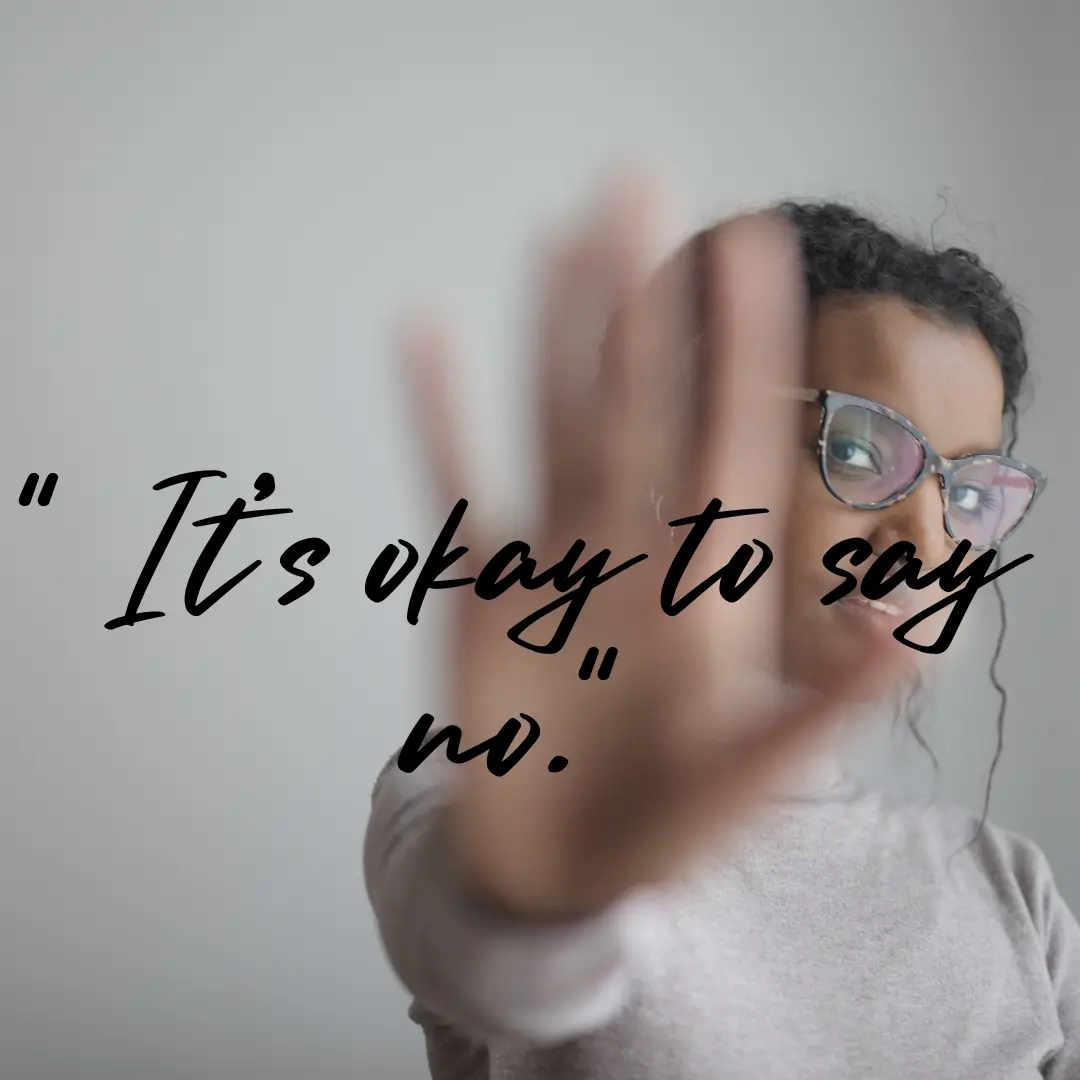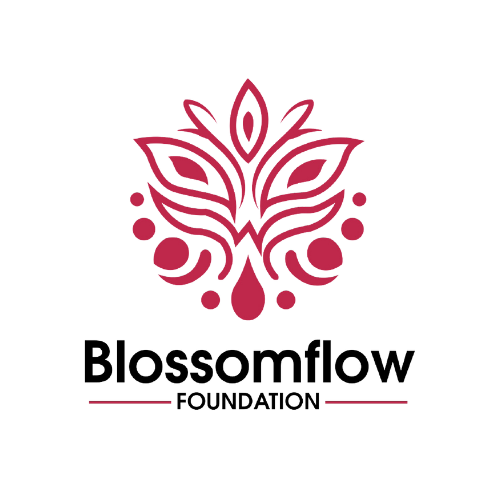
The Power of Saying ‘No’: Setting Healthy Boundaries as a Woman
As women, we’re often taught to be nurturing, accommodating, and to put others’ needs before our own. But here’s the truth: Saying ‘no’ is one of the most powerful tools you have for protecting your mental and emotional well-being. Setting boundaries is not about being selfish—it’s about taking care of yourself so you can show up fully for others.
Whether it’s at work, in relationships, or in your personal life, saying ‘no’ is a way to guard your time, energy, and emotional health. Let’s explore why boundaries are essential, how to assertively set them without guilt, and real-life examples of where they might be necessary.
Why Are Boundaries Important?
Boundaries are the invisible lines we draw to protect ourselves. They help us maintain mental clarity, emotional stability, and physical health. Without boundaries, we risk over-committing, burning out, or feeling resentful because we constantly put others’ needs before our own.
- Emotional well-being: Setting boundaries helps prevent emotional exhaustion. It allows you to preserve your mental space, reducing feelings of overwhelm or resentment.
- Mental clarity: When you have clear boundaries, you can focus on what’s truly important—your goals, values, and relationships.
- Self-respect: By setting boundaries, you teach others how to treat you. It’s a form of self-respect that encourages others to respect you too.
The Guilt-Free Art of Saying ‘No’
Saying ‘no’ is often easier said than done, especially if you’re afraid of disappointing others or fear conflict. But here’s the key: Saying ‘No’ is okay. You have the right to protect your time and energy.
1. Recognize Your Limits
You can’t pour from an empty cup. Understanding and acknowledging your personal limits is the first step toward setting healthy boundaries. If you feel overwhelmed or stretched too thin, it’s time to take a step back and evaluate where you need to say no.
2. Be Assertive, Not Apologetic
When you are saying ‘no’, be firm but kind. It’s natural to feel guilty at first, but you don’t need to apologize for prioritizing yourself. Instead of saying, “I’m sorry, but I can’t,” try, “I’m unable to commit to this right now.” Clear, direct, and respectful.
3. Practice Self-Awareness
Take a moment to pause before responding to requests. This gives you time to assess whether you truly have the capacity to take on something new. Practice mindfulness in these moments so you don’t react impulsively out of guilt or fear.
4. Use ‘No’ as a Complete Sentence
Sometimes, all you need is a simple “no.” You don’t owe anyone an explanation for taking care of yourself. If necessary, you can provide a brief, polite reason, but it’s okay to leave it at “no” and move on.
5. Offer Alternatives (When Appropriate)
If you genuinely want to help but can’t commit fully, offer a compromise. For example, “I can’t take on this project right now, but maybe we can revisit it next week.” This helps maintain relationships without overextending yourself.
When to Say ‘No’: Real-Life Examples of Healthy Boundaries
Setting boundaries is not just about saying ‘no’ to people—it’s also about saying ‘no’ to situations, commitments, and even your own inner critic. Here are some examples of when and where you might need to say no:
1. At Work: Protecting Your Time and Energy
- Example: Your boss asks you to take on an additional project when you’re already handling a heavy workload.
- Boundary: “I’d love to help with that, but I currently have too much on my plate. Let’s discuss a timeline that works.”
2. In Relationships: Respecting Your Emotional Space
- Example: A friend constantly calls you late at night to vent, and it’s interfering with your rest.
- Boundary: “I’m happy to talk, but I need to prioritize my sleep. How about we catch up tomorrow during the day?”
3. With Family: Prioritizing Your Mental Health
- Example: Your family members expect you to attend every gathering, even when you’re mentally drained.
- Boundary: “I need some time to recharge, so I won’t be able to attend this weekend. I hope you all have a great time.”
4. In Social Situations: Saying No to Unwanted Commitments
- Example: Someone invites you to an event that doesn’t align with your interests, and you feel pressured to go out of obligation.
- Boundary: “I appreciate the invite, but I’m going to pass this time. Enjoy, though!”
5. With Yourself: Managing Your Energy and Time
- Example: You’ve been pushing yourself too hard, staying up late to finish work and ignoring your own need for rest.
- Boundary: “I need to stop working for the night and prioritize my well-being. I’ll finish this tomorrow when I’m well-rested.”
Why Saying ‘No’ Is Empowering
Saying ‘no’ isn’t about rejecting people; it’s about honoring your needs. By setting clear boundaries, you’re communicating that you are worthy of respect, time, and energy. Boundaries allow you to preserve your mental health, focus on your priorities, and maintain balanced relationships.
Remember, every time you say no to something that doesn’t align with your needs, you’re saying yes to your own well-being. You’re reinforcing that you are in control of your life, and that you deserve space, rest, and peace of mind.
Conclusion
Embrace Your Power: As women, we are often socialized to be people-pleasers, but that doesn’t serve us in the long run. By embracing the power of saying ‘no’, you empower yourself to create healthier relationships, manage your emotional and physical well-being, and live on your own terms. The world needs you at your best, and you can’t be at your best if you’re constantly overextending yourself.
So, the next time you feel overwhelmed or pulled in too many directions, remember that it’s okay to say no. You are worth it, and your boundaries are a reflection of the love and respect you have for yourself. For more information, locate our Blog Section.
All Categories
Recent Posts
Why SDG 4 Cannot Be Achieved Without Ending Period Poverty
Tags
Give them a helping hand
Every donation fuels our mission to combat period poverty. Your generosity brings us closer to menstrual equity.
+234-909-482-1642
inquiries@blossomflow.org




